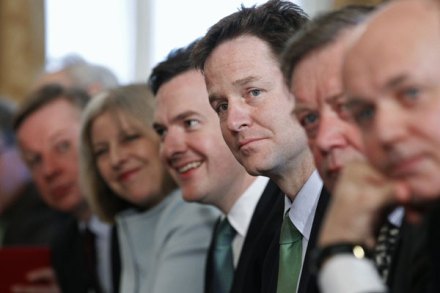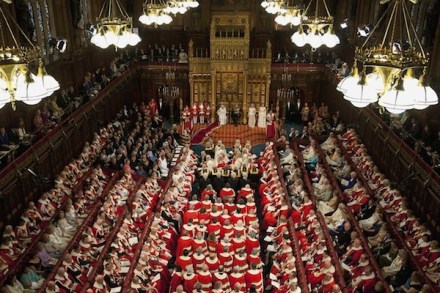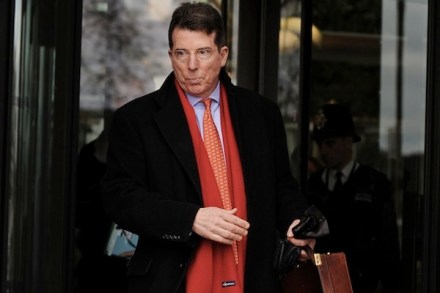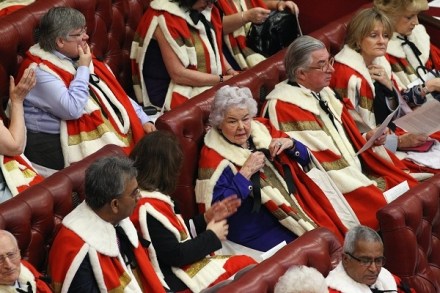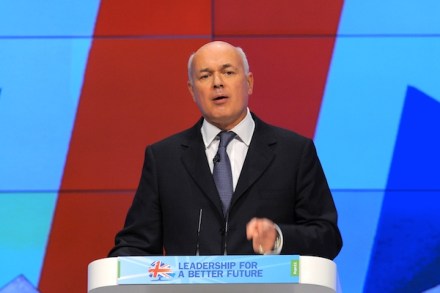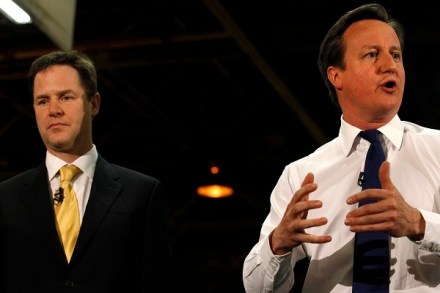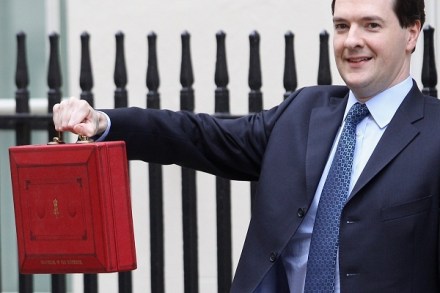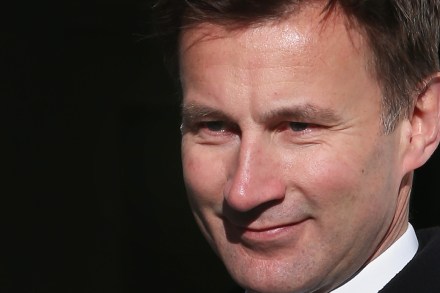Cameron’s coalition healthcheck
The coalition is doing pretty well, thank you very much. In case last week’s rebellion of the 91 on Lords reform and continuing tensions over Europe had you fooled, up pops the Prime Minister this morning with a soothing comment piece in the Sunday Times. David Cameron tries to shrug off Lords reform within three paragraphs of his op-ed. ‘What’s far more significant is that we are working together on so much else – and after last week, it’s vital that everyone reminds themselves of that fact,’ he argues. As part of his health-check piece, the Prime Minister details signs that the coalition is functioning well. When he mentions the


